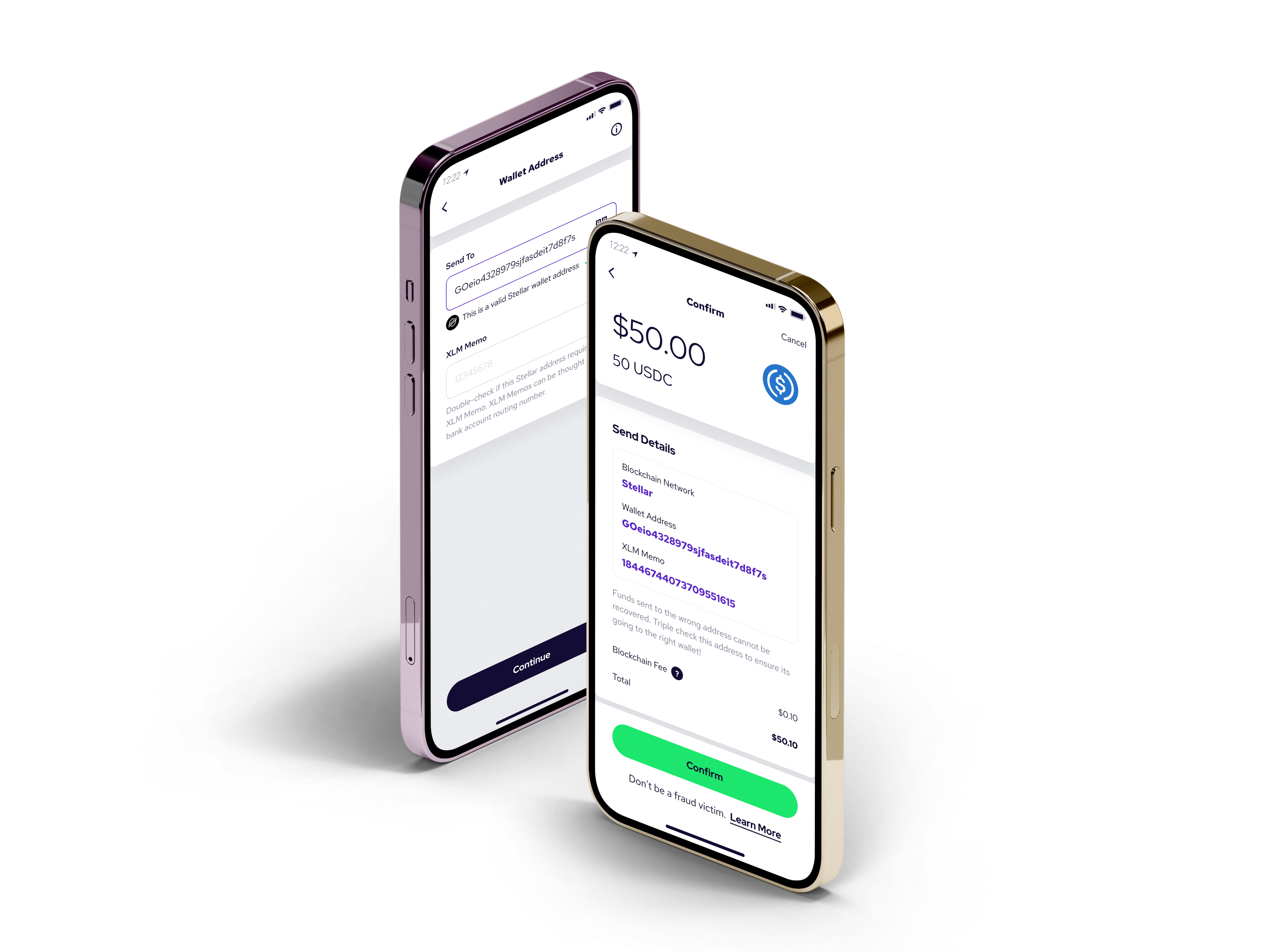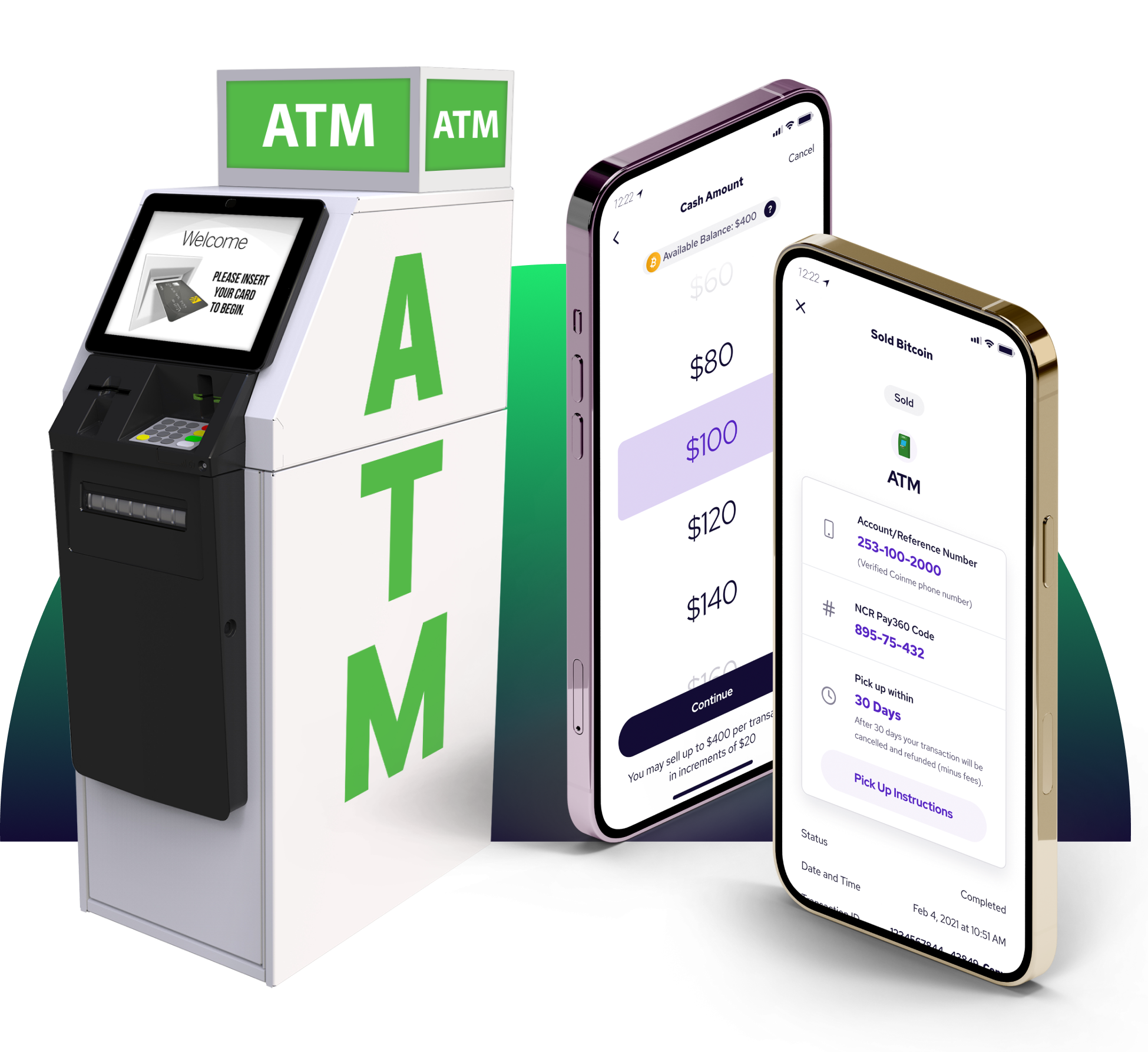Overview
Chainlink is a global network acting as a bridge to bring real-world data into the digital realm. It leverages smart contracts and oracles to provide services across Web3 and DeFi and pull in real-world data to blockchains.
Chainlink is a growing global network that brings real-world data into the digital realm. Similar to how crypto assets and systems are designed to remove financial third parties and intermediaries for ease and efficiency, Chainlink is intended to remove the need for trusted third parties for data collection and aggregation. It does this while making decentralized tech’s underlying utility more applicable to everyday needs.
There’s no doubt that the world is undergoing a digital transformation. But code-based decision-making and the evolution of machine learning and automation will rely on clean and secure data streams. When mapped to decentralization, good data needs to be available and accessible without the need for trust — and that’s where Chainlink and LINK come in.

How does Chainlink work?
So far, smart contracts work best when they are working within the realm of the natively digital world. It’s easier for smart contracts to pull data for activities (like pricing info, for example) of events already happening on-chain. Things get a little bit more complicated when the “if, then” part of a smart contract is reliant on real-world data such as the price of lithium, an outcome of a sporting event, or a weather report.
Pulling real-world data into a decentralized blockchain is the job of an oracle. Although it sounds like something out of Star Wars, an oracle is a fancy way of saying a data node. In this case, the node is responsible for vetting multiple data streams and generating an accurate data source.
So far, Chainlink has a lot of utility in the DeFi space, especially for reporting accurate price data across trading pairs. But as the utility and adoption of blockchain technology continue to mature beyond the realm of early adopters and on to traditional sectors that rely on data and information to function — the need for trustless oracles like the kind Chainlink provides become apparent.
While built on the Ethereum blockchain, Chainlink is designed to be interoperable with several of the world’s leading blockchains and be chain agnostic.
The need for LINK
Chainlink’s native currency, LINK, is designed to incentivize and support the growth and maintenance of the Chainlink network.
Link plays two primary roles. First, Chainlink oracle users can pay the data provider for its services. This helps to create a market for good data sources across industries and sectors. Wherever there is a need for regular and accurate data, there is now a way to monetize and support a clean data stream.
But what happens when the data market for a particular need becomes saturated, competitive, or even filled with sketchy data providers? That’s where the second function of LINK can play a role.
Chainlink uses a reputation score to vet potential oracles. Oracles can boost their score or prove good faith while operating within the Chainlink system by staking LINK. If a bad actor or harmful data source, in this case, stakes LINK, they are putting financial assets at risk, and they might lose the stake if their data is deemed repeatedly inaccurate or misrepresentative.
Buy LINK at Coinme
Just like Chainlink is becoming an on-ramp and off-ramp for real-world data in a digital world, Coinme provides easy-to-use entry and exit points for moving between cash and crypto.
Available at locations across North America, Coinme-powered kiosks provide a one-stop shop to buy several of today’s most popular and exciting cryptocurrencies with cash, including LINK.
The Coinme app makes buying LINK and other cryptos easy with a debit card.



